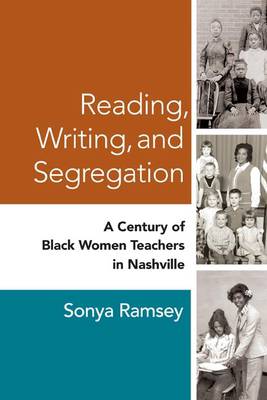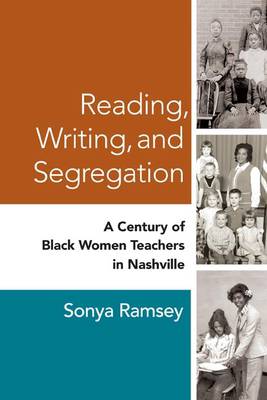
- Retrait gratuit dans votre magasin Club
- 7.000.000 titres dans notre catalogue
- Payer en toute sécurité
- Toujours un magasin près de chez vous
- Retrait gratuit dans votre magasin Club
- 7.000.000 titres dans notre catalogue
- Payer en toute sécurité
- Toujours un magasin près de chez vous
Description
Beginning in 1867 with the inception of segregated public schools and ending in 1983, ten years after federal court-ordered desegregation, Reading, Writing, and Segregation details the experiences of African American women teachers in Nashville, Tennessee. Sonya Ramsey examines the familial and educational backgrounds, working environments, and political strategies of these women who constituted the majority of the city's black middle class. Black teachers were often role models for their students and community, but they still struggled for parity and respect from white colleagues. Ramsey's study contributes to the historical discussion of the complicated intersections of class and race and how they changed over time.
Grounded in extensive interviews with both black and white women who made the transition to integrated faculties, Ramsey reveals how educators in an urban southern environment responded not only to desegregation and integration but also to critical moments in U.S. history, such as world wars, the Great Depression, the Brown v. Board of Educationdecision, and the civil rights and women's movements. Her exploration of how they constructed middle-class identities and how desegregation transformed their roles as teachers reveals the links among class, gender, and race in segregated communities; the racialized and gendered meanings of professionalism; and the complex consequences of desegregation.
Spécifications
Parties prenantes
- Auteur(s) :
- Editeur:
Contenu
- Nombre de pages :
- 208
- Langue:
- Anglais
- Collection :
Caractéristiques
- EAN:
- 9780252032295
- Date de parution :
- 01-03-08
- Format:
- Livre relié
- Format numérique:
- Genaaid
- Dimensions :
- 163 mm x 237 mm
- Poids :
- 480 g







